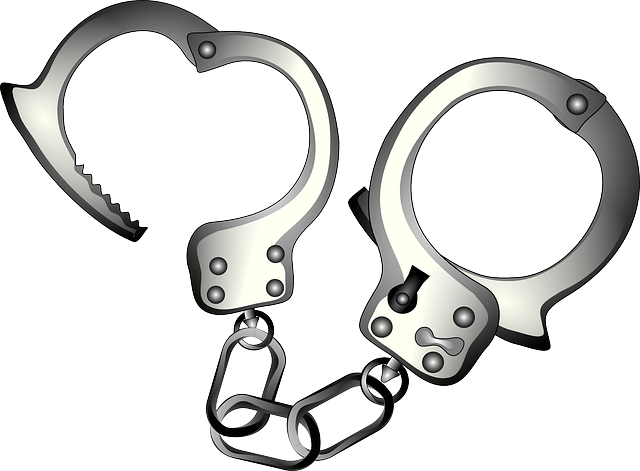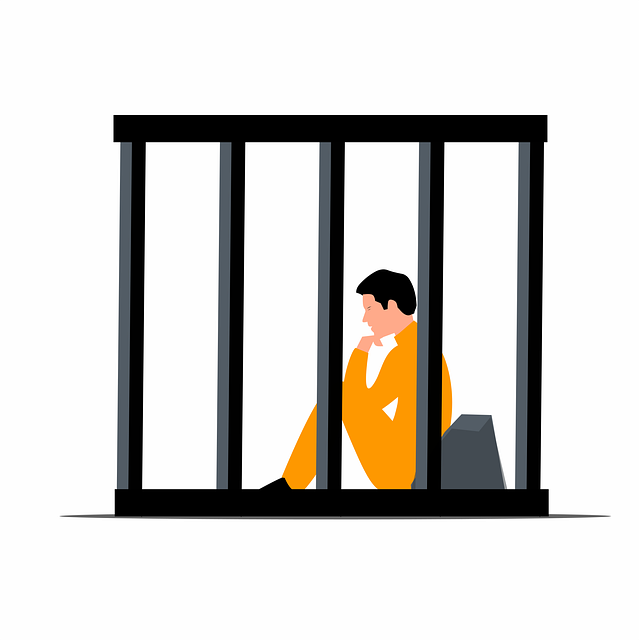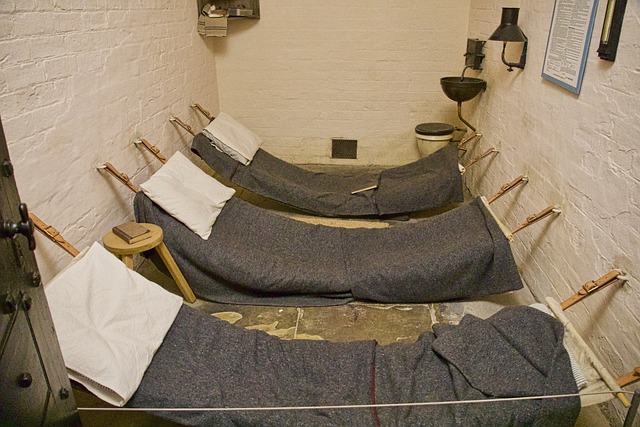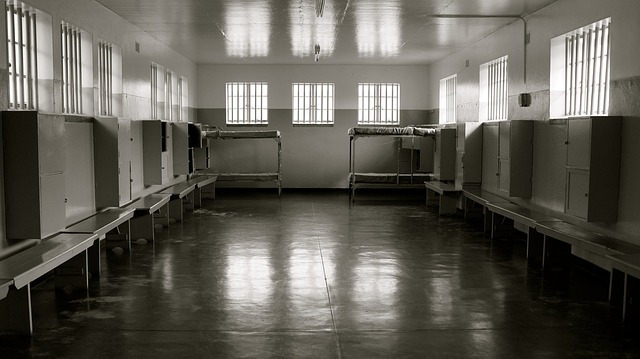Corporate DUI Awareness Workshops are transformative tools for achieving fair and equal youth justice. These interactive sessions educate community members, law enforcement, and at-risk youth about drunk driving risks, advocating for equitable treatment regardless of age or background. By promoting responsible decision-making, understanding legal repercussions, and addressing systemic biases, these workshops empower vulnerable populations, reduce recidivism, and foster a more just society, aligning with broader strategies to ensure fairness in the criminal justice system.
“Exploring Youth Justice Fair Treatment: Unveiling Pathways to Equality. This comprehensive article delves into the crucial topic of ensuring justice for youth, addressing systemic disparities. We examine ‘Understanding Youth Justice’ and its intersection with ‘Fair Treatment’.
A key focus is the impact of ‘Corporate DUI Awareness Workshops’ in fostering equality and promoting inclusive practices. Furthermore, we present strategies and case studies showcasing best practices, while also tackling challenges like bias, offering solutions for revolutionary change within justice systems.”
- Understanding Youth Justice and Fair Treatment: A Comprehensive Overview
- The Role of Corporate DUI Awareness Workshops in Promoting Equality
- Strategies to Ensure Youth Justice: Case Studies and Best Practices
- Overcoming Challenges: Addressing Bias and Promoting Inclusive Justice Systems
Understanding Youth Justice and Fair Treatment: A Comprehensive Overview

Youth Justice and Fair Treatment go hand in hand, focusing on ensuring that young people are treated equitably within the criminal justice system. This involves understanding the unique challenges and needs of adolescents, who often require specialized approaches and support. A comprehensive overview reveals a complex landscape where factors like age, developmental stages, and socioeconomic backgrounds play significant roles in shaping outcomes.
In this context, initiatives such as Corporate DUI Awareness Workshops can serve as powerful tools for education and prevention. By raising awareness about issues like drunk driving among youth, these workshops contribute to fostering responsible behavior and reducing potential interactions with the justice system. They are part of a broader strategy aimed at promoting fair treatment by empowering young individuals to make informed decisions and understand their rights and responsibilities.
The Role of Corporate DUI Awareness Workshops in Promoting Equality

Corporate DUI awareness workshops play a pivotal role in promoting fairness and equality within youth justice systems. These educational sessions are designed to raise awareness about the dangers of driving under the influence, while also emphasizing the importance of equitable treatment for all individuals, regardless of age or background. By bringing together community members, law enforcement officers, and at-risk youth, these workshops foster an environment where open dialogue can occur, breaking down barriers and promoting understanding.
Through interactive activities, presentations, and group discussions, participants gain insights into the far-reaching consequences of DUI offenses, not just for adults but for young people as well. This shared knowledge helps to dispel myths and misconceptions, ensuring that youth are treated fairly within the justice system. Moreover, these workshops encourage corporate responsibility by holding businesses accountable for their role in promoting safe driving practices, thereby contributing to a more equitable society overall.
Strategies to Ensure Youth Justice: Case Studies and Best Practices

Ensuring fair treatment in youth justice requires a multifaceted approach, drawing from successful case studies and best practices globally. One powerful strategy is education and awareness programmes, such as Corporate DUI Awareness Workshops, which can significantly impact behaviour and attitudes. These workshops, tailored for at-risk youth, focus on responsible decision-making, promoting understanding of legal consequences, and fostering a culture of accountability.
In addition, restorative justice practices have proven effective in many jurisdictions. Restorative approaches involve bringing together victims, offenders, and community members to discuss the harm caused and repair relationships. This process not only holds young people accountable for their actions but also encourages rehabilitation and reintegration into society. Case studies demonstrate that these strategies can lead to reduced recidivism rates and positive outcomes for both individuals and communities.
Overcoming Challenges: Addressing Bias and Promoting Inclusive Justice Systems
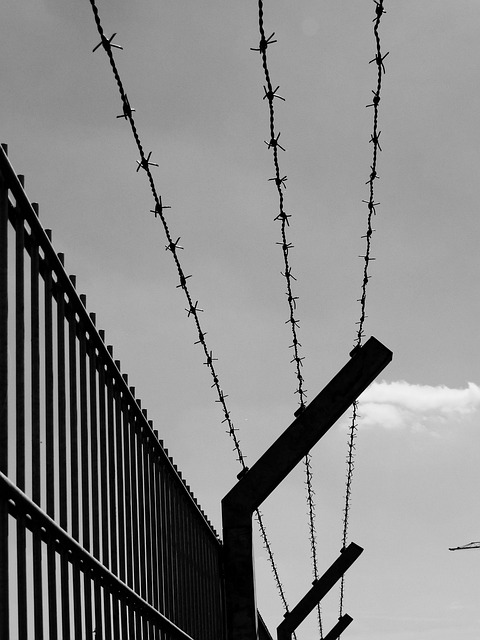
Overcoming challenges in youth justice requires a critical examination of systemic biases that often impact vulnerable populations unfairly. Biases, whether explicit or implicit, can infiltrate various stages of the criminal justice process, leading to disparities in outcomes for young people, especially those from marginalized backgrounds. To address these issues, it’s essential to implement strategies that promote inclusive practices and enhance awareness among professionals.
Corporate DUI awareness workshops play a significant role in this context. By educating law enforcement officers, judges, and other stakeholders about bias recognition and cultural competency, these workshops contribute to more objective decision-making. They encourage participants to question their preconceptions and adopt a nuanced approach when dealing with youth accused of offenses. Through interactive sessions, case studies, and best practices sharing, such workshops foster an environment where inclusive justice becomes a shared goal, ultimately ensuring fair treatment for all young people within the system.
In light of the discussions on youth justice and fair treatment, it’s evident that a multifaceted approach is necessary. From understanding the nuances of youth justice to implementing successful strategies like Corporate DUI Awareness Workshops, we’ve explored key components for promoting equality. Overcoming challenges related to bias and advocating for inclusive justice systems are crucial steps forward. By integrating these insights and best practices, we can strive towards a more just and equitable future for all young individuals, ensuring their rights and opportunities are protected.
